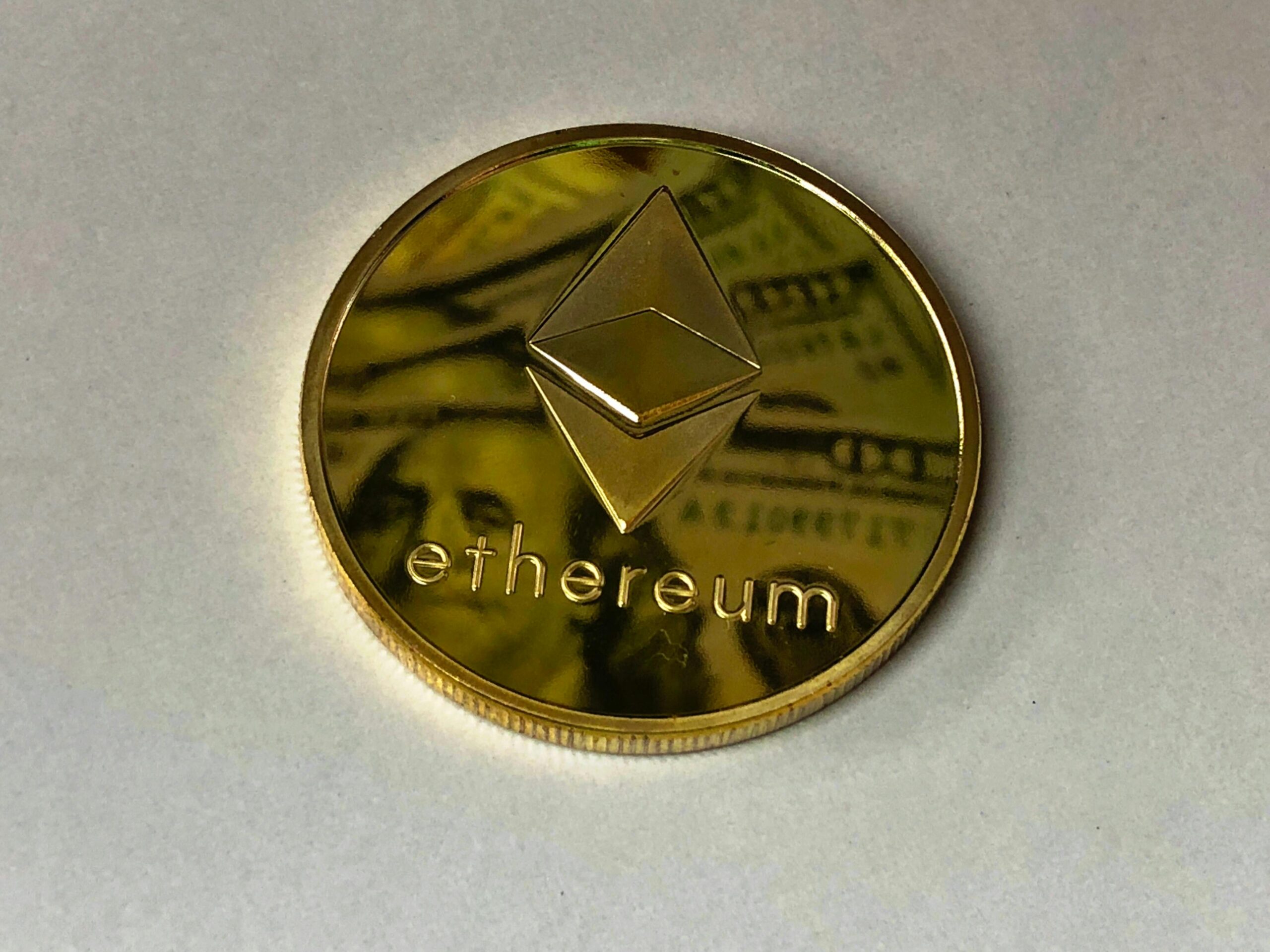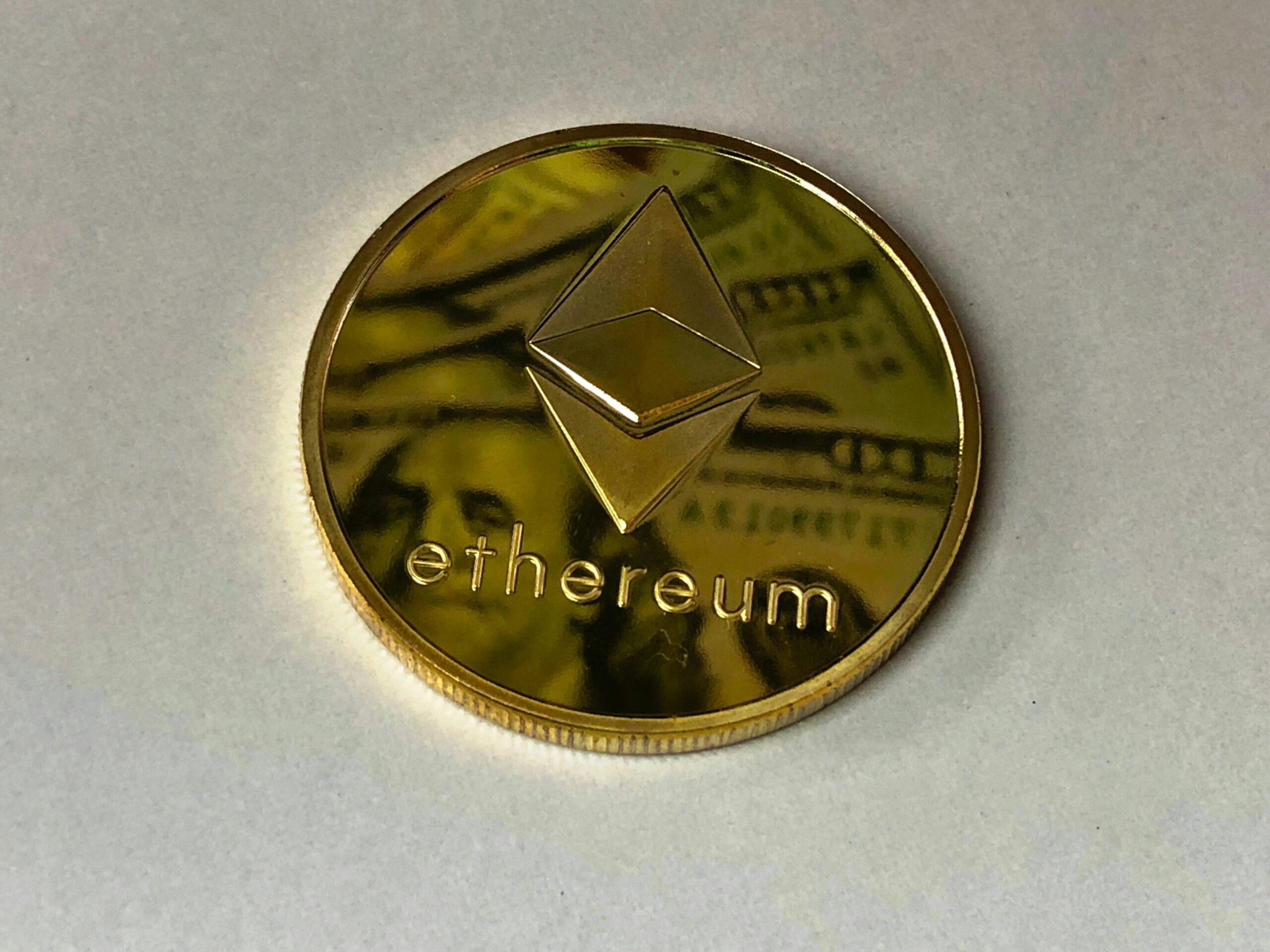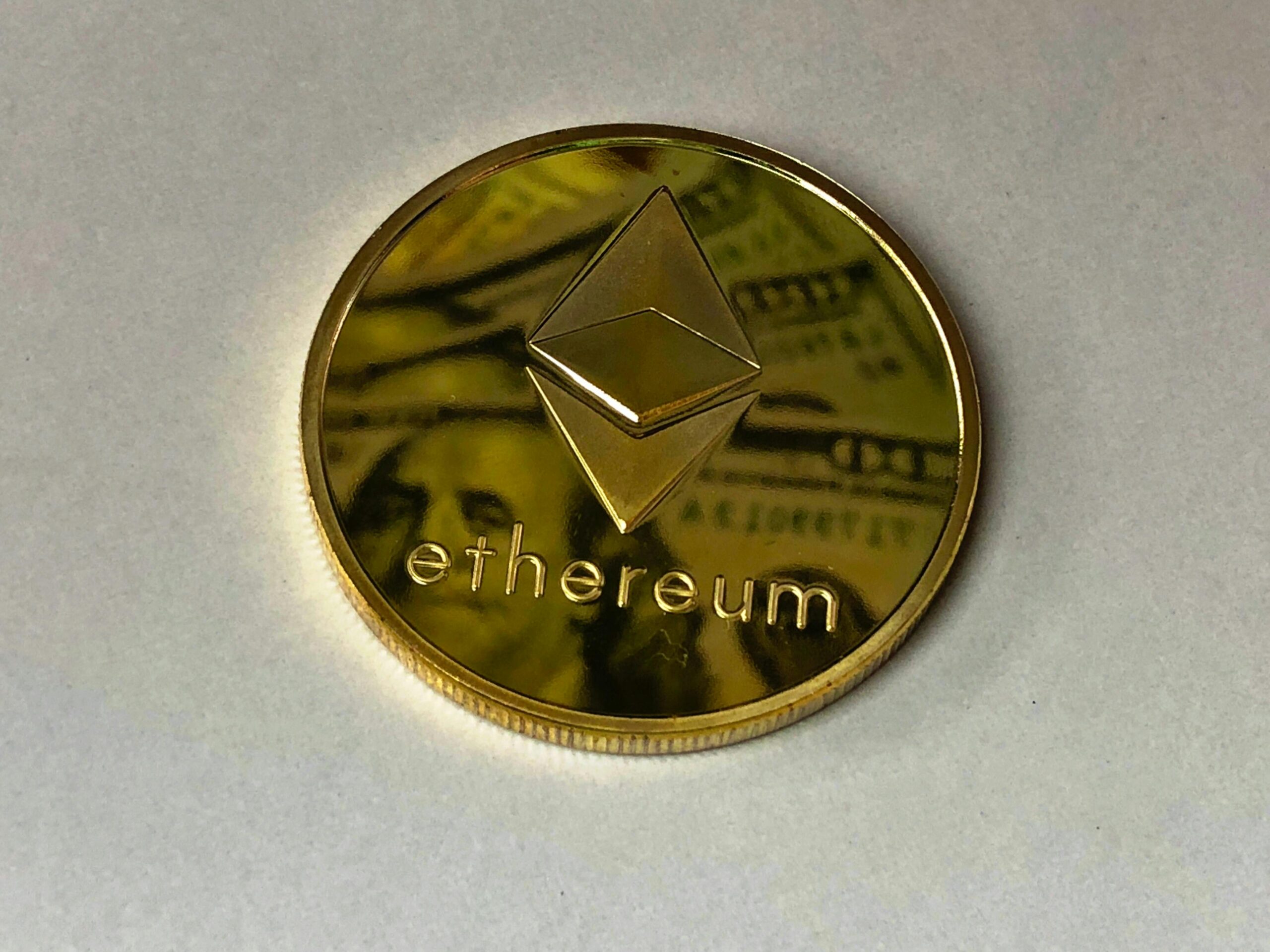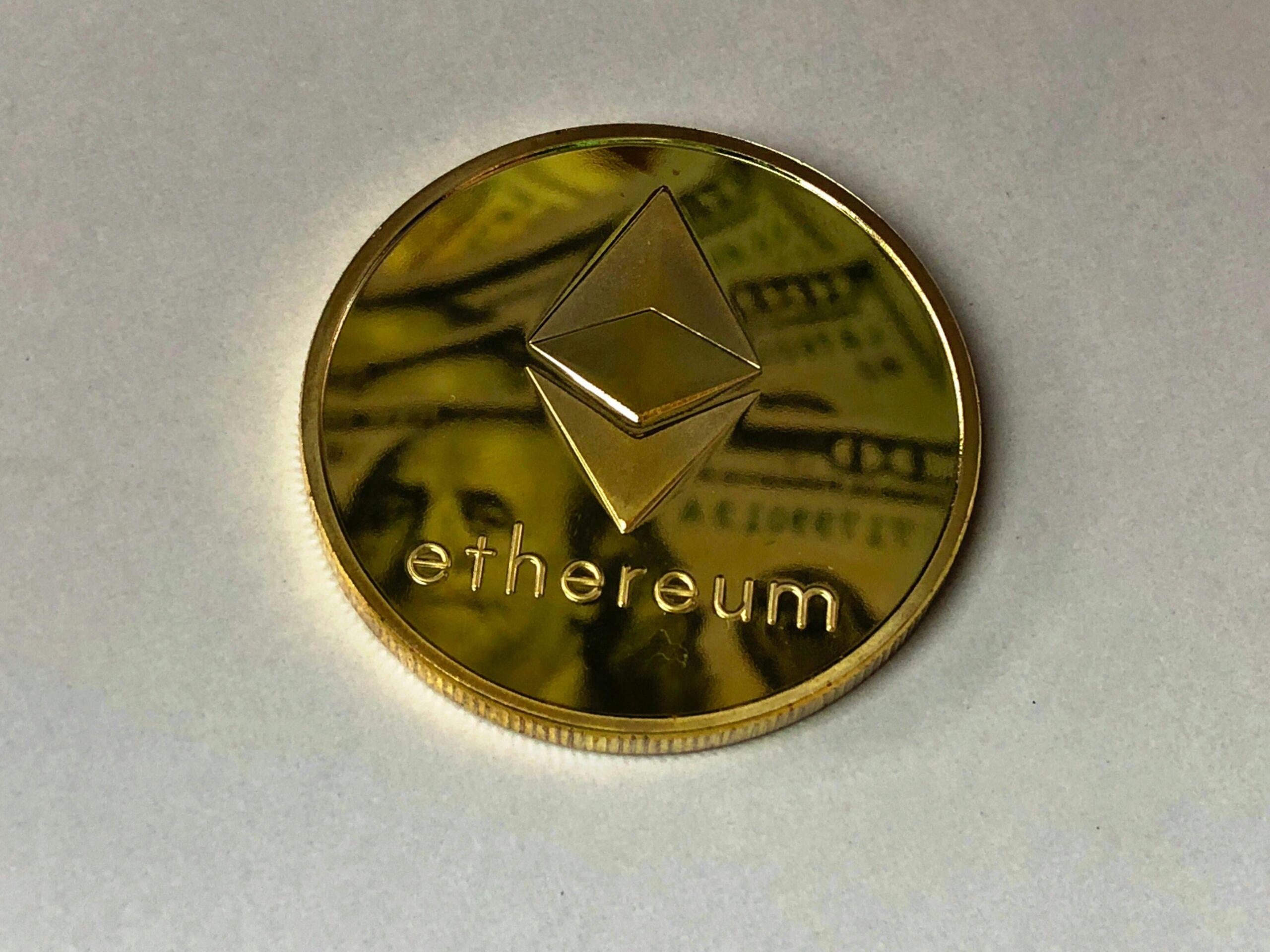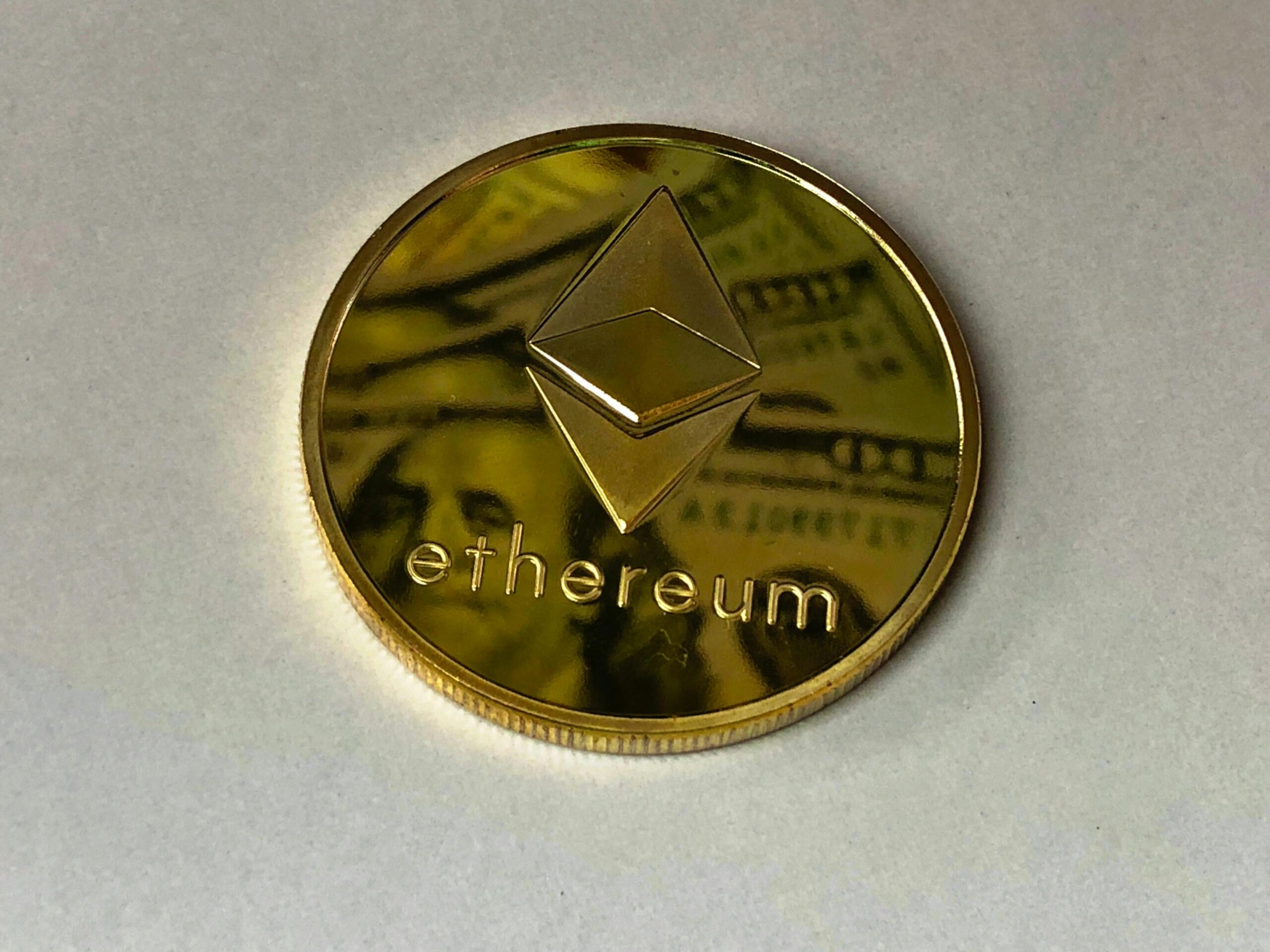
As we dive deeper into the world of blockchain, I’m often asked how this technology can be applied beyond the realm of cryptocurrencies. It’s a great question, because while Bitcoin and other digital currencies have certainly put blockchain on the map, its potential uses extend far beyond the realm of finance.
To start understanding the broader applications of blockchain, let’s take a step back and recall what makes this technology so special in the first place. At its core, a blockchain is simply a decentralized, digital ledger that records transactions across a network of computers. This ledger isn’t stored in one location; instead, it’s spread out among many nodes, each of which has a copy of the entire ledger. When new data comes in – whether it’s a transaction, a piece of information, or something else entirely – it’s not just added to the end of the existing ledger. Instead, that data is bundled up with other new data into what’s called a “block,” and then that block is validated by the nodes on the network through complex algorithms.
Here’s where things get really interesting: once a block is validated, it’s given a unique code called a “hash” that connects it to the previous block in the chain. This creates an irreversible record – because if someone were to try altering data within one of those blocks, they’d also have to alter the hashes connecting every subsequent block, which would require the consent of the entire network. It’s this feature that makes blockchain so incredibly secure and transparent.
Now, when people think about applying blockchain beyond cryptocurrency, they often jump straight to other types of financial transactions – like supply chain management or real estate deals. And yes, those are certainly areas where blockchain can shine. But I want to encourage you to dream bigger: the potential uses for this technology span almost every industry and aspect of our lives.
Let’s talk about healthcare, for instance. Imagine a world where medical records aren’t stored in some dusty file cabinet or on a single hospital server that could be hacked tomorrow. Instead, they’re kept on a blockchain – accessible to authorized personnel from anywhere, yet locked down tight against any would-be thieves or manipulators. We can take it further: with blockchain-based systems, we could create unalterable records of prescriptions and medicine distributions, making the pharmaceutical supply chain far more trustworthy.
Or how about voting? The integrity of democratic elections is a pressing concern worldwide. Blockchain can help here too, by creating an immutable record of every cast vote – ensuring not just the accuracy of outcomes but also the trust of citizens in their electoral processes.
We can apply this same logic to intellectual property rights, the ownership and transfer of digital art, or even the tracking of food through the grocery supply chain (to name just a few examples). Anywhere you have valuable information that needs protection – and where transparency is key – blockchain’s decentralized security and record-keeping capabilities can be game-changing.
But here’s the thing: to make all these use cases a reality, we don’t need some single, universal blockchain. Instead, different industries will develop their own bespoke blockchains tailored to the unique demands of their space. Some might prioritize speed above all else; others might focus on hyper-security or environmental sustainability.
Of course, as with any emerging technology, there are challenges ahead – from scalability and regulatory clarity to plain old education (not everyone understands blockchain yet, after all!). However, I truly believe that this tech has the power to transform how we trust and verify information at a fundamental level. As developers continue pushing its boundaries and more people begin exploring its uses, I’m excited to see where this journey takes us.
As you start thinking about your own potential applications for blockchain, don’t be afraid to dream big – or weird! Some of the most innovative use cases will likely arise from combining concepts in unexpected ways. And always remember: while cryptocurrency might have been the first chapter in blockchain’s story, it’s far from the final one.









